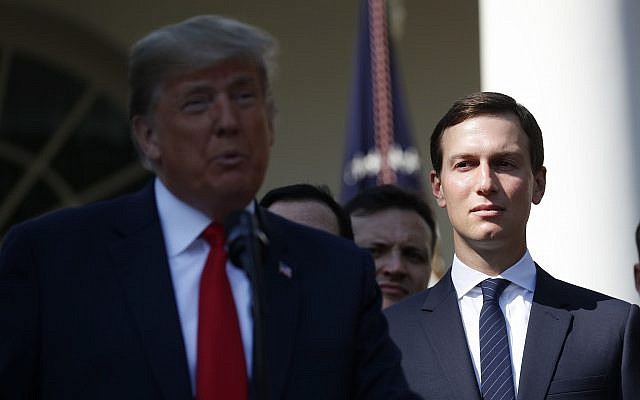Russian Prosecutor General’s Office has declared The Clooney Foundation for Justice (CFJ) “undesirable,” effectively banning the organization from operating within the country. Founded in 2016 by Hollywood actor George Clooney and his wife, human rights lawyer Amal Clooney, CFJ is known for its work in investigating mass human rights abuses and supporting victims worldwide. The Russian government accused the foundation of engaging in activities aimed at discrediting Russia, alleging that CFJ supports pseudo-patriots and members of banned extremist organizations.
The Russian authorities’ statement further accused CFJ of advancing initiatives for criminal probes against the highest echelons of Russian leadership under the guise of humanitarian efforts. This decision is part of a broader crackdown on organizations and individuals perceived as dissenters or critics of the Kremlin. The move to ban CFJ follows similar actions taken against other international NGOs, such as the German pro-democracy Konrad Adenauer Foundation, as well as media outlets and even a U.S. college, all labeled as threats to national security.
Growing Repression in Russia Post-Ukraine Invasion
Since the Russian invasion of Ukraine in February 2022, the Kremlin has intensified its efforts to suppress dissent, reaching levels of repression not seen since the Soviet era. The ban on CFJ is the latest in a series of actions taken against organizations that have voiced opposition to Russia’s actions in Ukraine or criticized the government’s human rights record. In July, CFJ, along with several other NGOs, filed a case with the UN Human Rights Committee, accusing Russia of violating the human rights of Ukrainians killed in a 2022 missile attack on Vinnytsia. This legal action likely contributed to Russia’s decision to ban the foundation.
The Kremlin’s crackdown extends beyond NGOs. Russians who collaborate with or fund these banned organizations risk severe legal consequences, including up to five years in prison. This law, signed by President Vladimir Putin in 2015, grants prosecutors the power to label organizations as “undesirable,” a designation that critics argue is used to silence opposition. The impact of this law has been widespread, affecting not only international organizations but also Russian citizens who engage with these groups.
Read More: No Abduct Attempt Made on Nimra Khan: Police
Clooney Foundation’s Response and Continued Commitment
Despite the Russian government’s actions, the Clooney Foundation for Justice remains undeterred. A spokesperson for CFJ emphasized that the organization will continue its work for justice and human rights globally, stating, “As an organization that fights for justice and human rights in over 40 countries around the world, we know that our path is fraught with challenges. CFJ will continue to work for a world where human rights are protected and no one is above the law.” This resolve highlights the foundation’s commitment to holding perpetrators of human rights abuses accountable, regardless of the obstacles they face.
The Russian government’s accusations against CFJ reflect the broader tension between Moscow and international human rights organizations. By targeting CFJ, Russia not only seeks to stifle criticism but also to assert its control over narratives related to its actions in Ukraine and beyond. As CFJ continues its work in investigating war crimes in Ukraine, the foundation’s clash with the Russian government is likely to remain a focal point in the ongoing struggle between international human rights advocates and authoritarian regimes.
The banning of The Clooney Foundation for Justice is a stark reminder of the increasing repression in Russia. As the Kremlin continues to silence voices of dissent, both within its borders and beyond, the international community’s response to these developments will be critical in shaping the future of human rights advocacy in Russia and the broader region.














